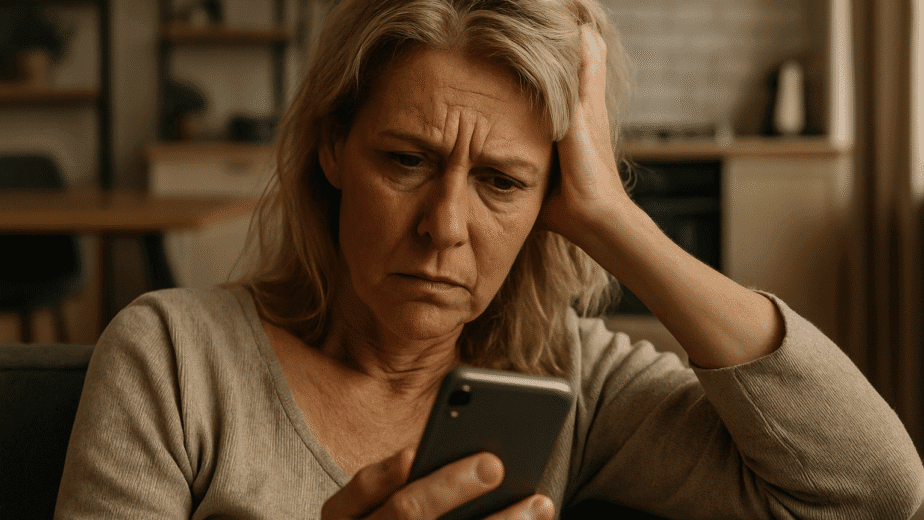You’re not angry. You’re not being abused. You just know it’s over. But instead of feeling clear, you feel shame. Guilt. Fear of being the villain. If you’re feeling guilty for even thinking about divorce — you’re not alone. You’re just honest.
Guilt Comes From Misbelief — Not Truth
Here’s the myth: if they’re not terrible, you have no right to leave. That staying is noble. That leaving is selfish. The truth? You’re allowed to want more. You’re allowed to leave without trauma. You’re allowed to say: “This no longer fits who I’m becoming.”
Guilt Is Not the Same as Wrongdoing
Guilt is a feeling. Not a fact. You can feel guilty for growing. For telling the truth. For no longer making yourself small. That doesn’t mean you’re wrong. It means you care. And people who care often carry guilt — even when they’ve done nothing wrong.
You Don’t Need Permission to Leave
- Not from your friends
- Not from your parents
- Not from your kids
- Not from your ex
Waiting for everyone to agree means waiting forever. And resentment always costs more than guilt.
Guilt Can Be a Compass — Not a Cage
Ask yourself: “What am I really afraid of?” Hurting them? Judgement? Regret? That’s human. But if the alternative is staying in emotional deadness for another decade — that’s not mercy. That’s martyrdom. And your kids will notice. Even if they never say it.
Practical Steps That Help Ease the Guilt
- Journal what’s true and what’s not — separate the guilt story from the facts
- Talk to someone who’s left before — not someone who’ll guilt you back into silence
- Start planning quietly — organize finances, documents, timelines using tools like Splitifi’s AI assistant
You’re Allowed to Leave Before It Gets Ugly
Wanting out isn’t failure. It’s maturity. It’s prevention. It’s choosing not to wait for disaster before reclaiming your life. Guilt means you care — but caring doesn’t mean staying.
Splitifi is here to help you do this with structure, grace, and as little regret as possible. Not because you don’t care. But because you do.




